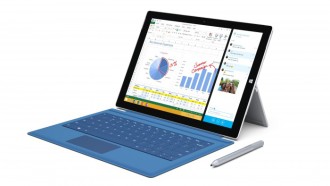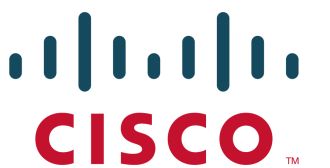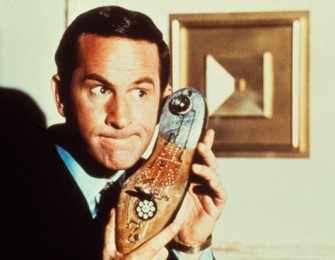 EU antitrust regulators have sent a questionnaire to Qualcomm’s rivals asking if it has been committing any atrocities over the way it licenses products.
EU antitrust regulators have sent a questionnaire to Qualcomm’s rivals asking if it has been committing any atrocities over the way it licenses products.
Qualcomm has been feeling the regulatory heat in Europe, the United States, China, Japan and South Korea in recent years as watchdogs focus on its licensing model and its power over patents.
The bulk of its revenue comes from selling baseband chips, which let phones communicate with carrier networks, but a large portion of its profit comes from licensing patents for its CDMA mobile technology.
The European Commission told Qualcomm last year that it was investigating the way it sells and marketed chips and its rebates and financial incentives offered to customers.
The EU competition authority asked about the impact of various Qualcomm practices such as pass-through rights where phone makers are allowed to use patents already licensed by Qualcomm.
It also wanted to know how they feel about cross-licences and mutual non-assertion provisions in which companies agree not to enforce patent rights against each other.
Recipients of the document of more than 40 questions have until mid-May to respond.
A Commission spokeswoman declined to comment and Qualcomm had no immediate comment.
This is one of two EU inquiries into the company. The other probe, begun in 2010, was triggered by a complaint from British cell phone chipmaker Icera, a subsidiary of Nvidia, about rebates and financial incentives.


















